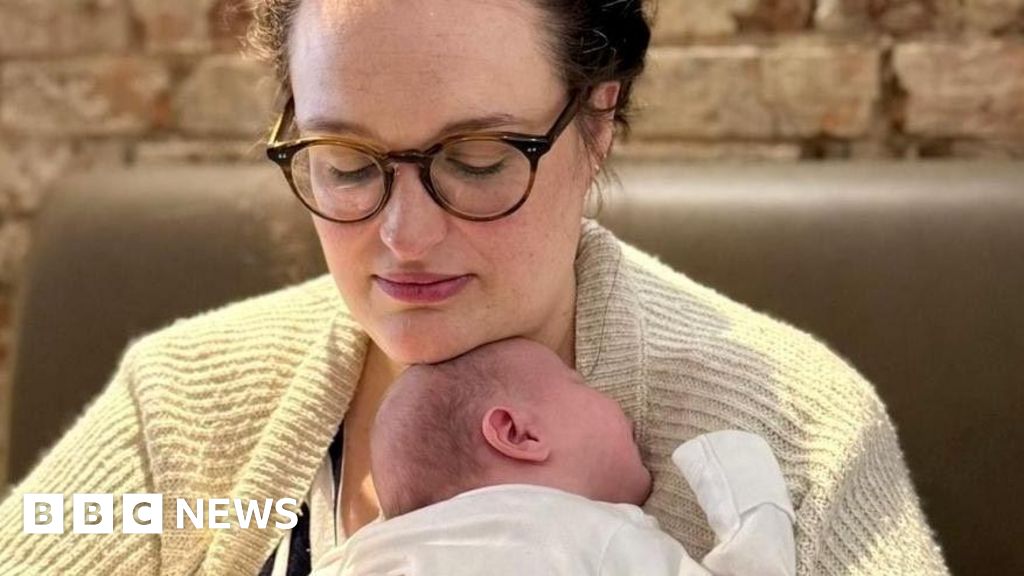Auto Amazon Links: No products found. Blocked by captcha.
Health Reporter Philippa Roxby has reported that UK scientists have developed a test that can help identify women with an abnormal womb lining, increasing their risk of miscarriage. This breakthrough could lead to new treatments for those facing repeated pregnancy loss. The study from Warwick University found that in some women with a history of miscarriage, the womb lining does not function properly, making it difficult for the embryo to implant.
The findings could provide insight into the trauma and devastation experienced by women who suffer from recurrent miscarriages. Around one in six pregnancies end in miscarriage, with each miscarriage increasing the likelihood of another. While most research has focused on the quality of the embryo, less is known about the role of the womb lining in miscarriages. Dr. Jo Muter, a researcher at Warwick Medical School, highlighted the importance of understanding how the womb lining sets the stage for pregnancy loss.
The researchers have developed a new test that can measure the health of the womb lining’s reaction to receiving the embryo, which is currently being tested on over 1,000 patients at Tommy’s National Centre for Miscarriage Research. This test could help identify issues with the womb lining before conception takes place. One patient, Charlie Beattie, went through years of miscarriages until the new test revealed that her womb was not “hospitable for babies.” After undergoing treatment, she successfully carried her pregnancy to term and celebrated the birth of her baby, June.
Despite the promising results, there are funding issues that patients must navigate, as the clinic has a long waiting list and costs associated with the test. Dr. Jyotsna Vohra, the director of research at Tommy’s, emphasized the need for equitable access to tests and treatments that have been proven to make a difference. The next step for researchers is to explore potential drug treatments for womb lining issues, as current options like sitagliptin may not be suitable for all patients. This groundbreaking research could pave the way for personalized treatments for women who experience recurrent miscarriages
Read the full article from The BBC here: Read More
Auto Amazon Links: No products found. Blocked by captcha.











